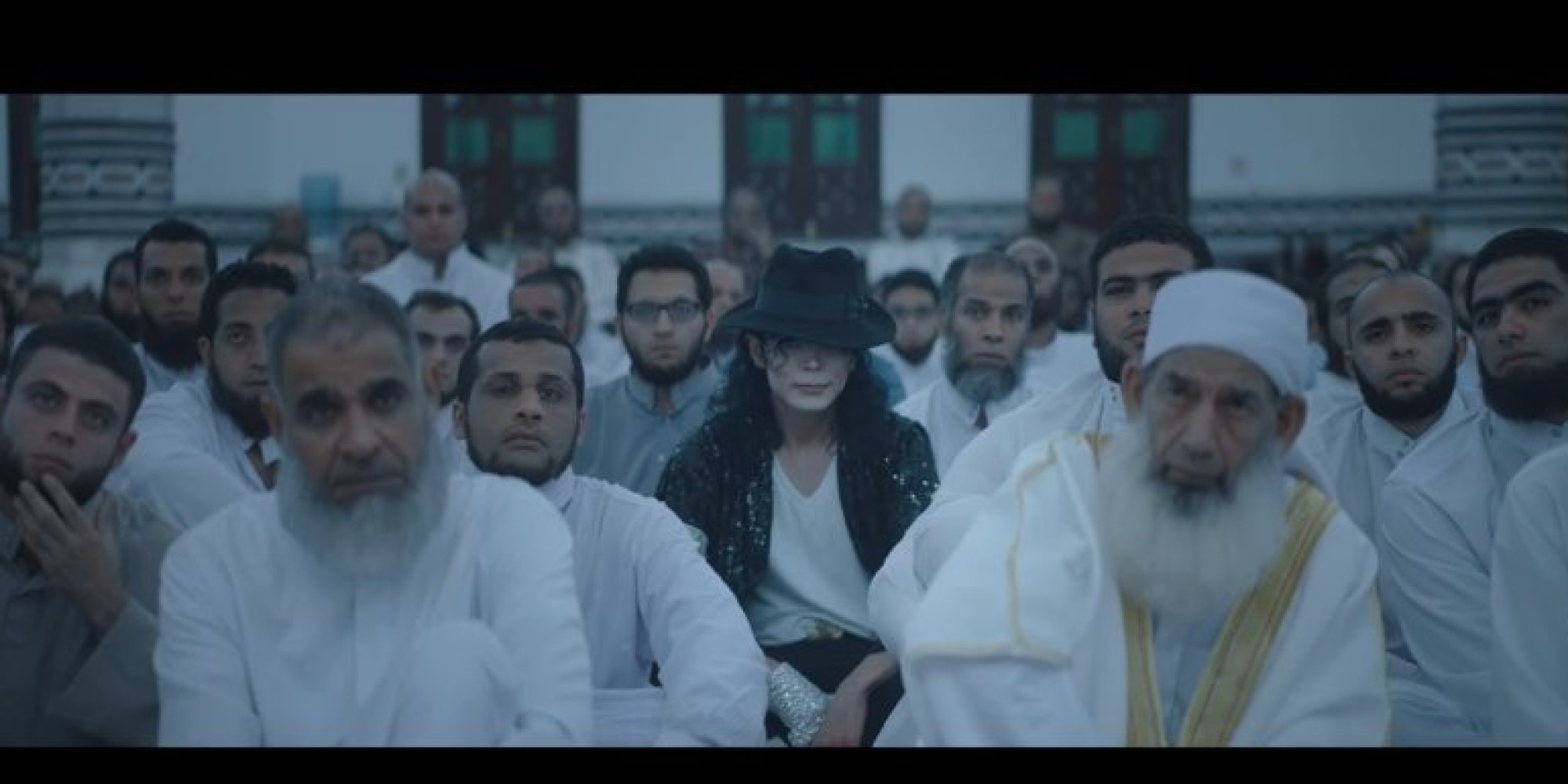
Amr Salama, the prominent Egyptian director, said on Monday the General Prosecutor conducted an investigation against him because of his latest movie Sheikh Jackson, which has been referred to the religious institute Al-Azhar to provide its verdict.
On his Facebook page, Salama seemed unimpressed with the situation, and posed a set of questions for readers and fans to take into consideration.
“Where is the freedom of expression? I’ve been summoned for an investigation by the General Prosecutor for making Sheikh Jackson, so has the censorship committee. And after all that, the movie will be evaluated by Azhar.”
“I have a couple of points,” he remarked, “what is the point of a movie being subjected to the censorship committee if their approval doesn’t protect us? And is it anyone’s right to submit a complaint in a visionary claiming to be protecting religion and country? And will our creative works be monitored by religious scholars who aren’t experts in art or creativity?”
Salama noted it was particularly ironic for the film nominated to represent Egypt at the Oscars to be investigated in this way. “[The] movie has been nominated by the country to represent it in regional and international festivals. It even chose it to represent the country in the Oscar, then decided to initiate an investigation around the same film?”
He went on, “What would our position be now as visionaries and thinkers when we see these problems everyday? When we get investigated for every word we write that does not appease everyone?”
Salama posed another poignant question for readers and artists-alike to consider, “Are we forever going to think of all our movies from a religious point of view and make sure if every single take is Halal or Haram [religiously acceptable or prohibited]?”
Despite allegations coming from a lawyer, Salama says investigators have not been hostile towards him, the investigation was civil and the prosecution was extremely cooperative and understanding.
“I understand the seriousness in which they deal with complaints,” he said, “however, I am just wondering: What is creativity? And how free should it be? How many approvals do we need to show our ideas in public? And how is it that the constitution’s beautiful points do not protect your freedom of expressions?”
He took responsibility for the movie, regardless of the conclusions of the investigation.
Finally, he concluded, “There will come a day where these days will become a laughable past. A day where we will cease to defend every singly thought. Until this day comes we have to bear in mind how our writings could be predicted by every single person, to avoid facing investigations and suits.”
The controversy around Sheikh Jackson occurred because of one particular scene which depicts the main character, a Sheikh, dancing inside of a mosque. Despite the scene itself being a fictional one [within the fictional film] which takes place inside the character’s head, it caused an outrage among some and resulted in the investigation.
Sheikh Jackson is an Egyptian movie that stars Ahmed El Fishawy, Maged El-Kedwany, Ahmed Malek and Amina Khalil. The movie revolves around a Sheikh who develops an identity crisis after the death of world-renowned pop star Michael Jackson.
Salama has a history of stirring controversy with movies throughout his career. In 2011, he wrote and directed Asmaa, starring Hend Sabry, which is considered the first Egyptian movie to demonstrate sympathy for people diagnosed with AIDS, a disease with societal connotations of shame due to its sexual-transmission.
In 2014, Salama also shook public opinion with his movie Lamoa5za (Excuse me), which focused on discrimination against minority-Christian public schools in Egypt, through the lens of a 12-year-old Christian who moved from a private to a public school.



